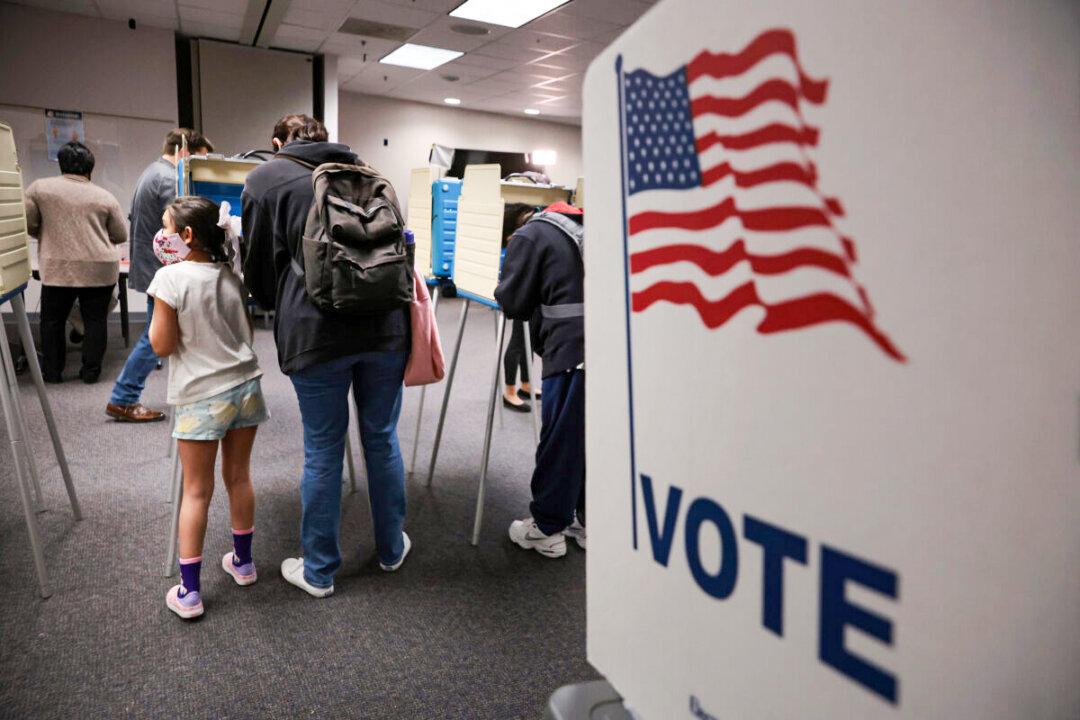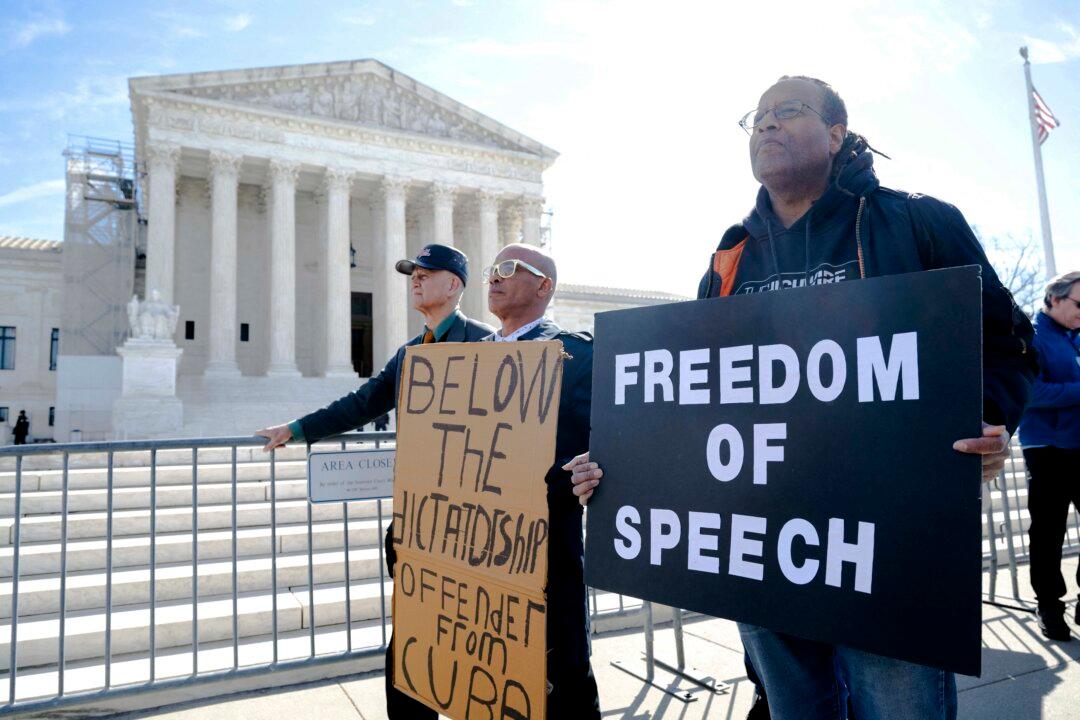Colorado voters will decide on a proposition on Nov. 8 whether to cover the costs of free breakfasts and lunches for all public school children.
For two years during the COVID-19 pandemic, public school students across the country had access to free school meals when the federal government suspended its eligibility requirements. That changed in August.





